White House Pitches Digital Equity Grants to Groups Supporting Abuse Victims
Applications for $910 million in funding are being accepted until September 23.
Jake Neenan
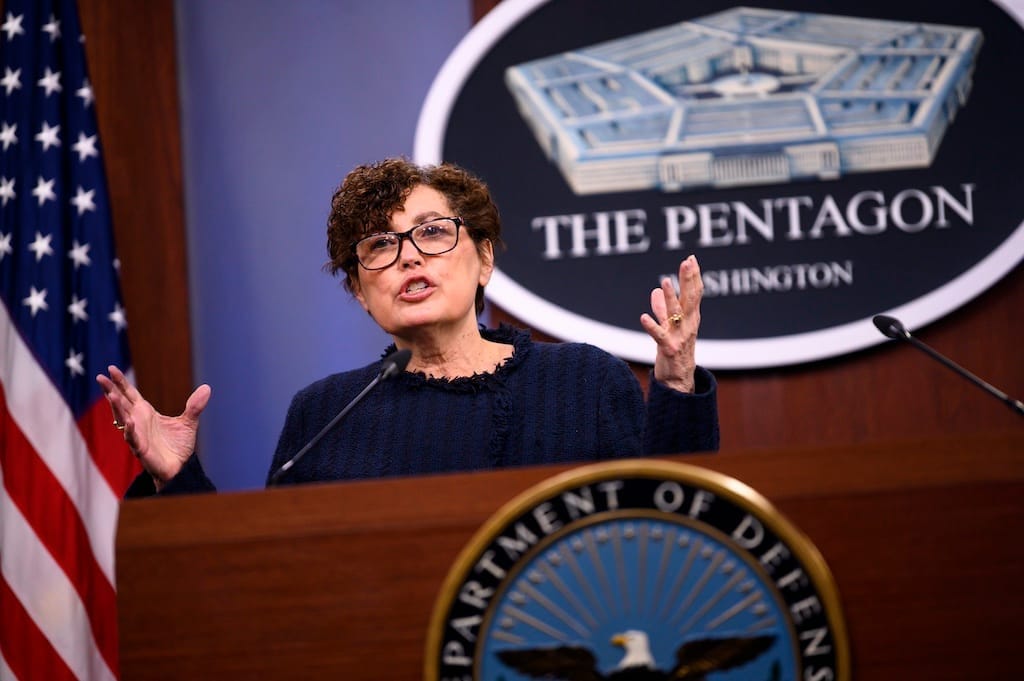
WASHINGTON, August 29, 2024 – White House officials urged organizations serving survivors of domestic abuse and sexual assault to participate in its digital equity grant programs Thursday.
“Those of you who come from this work know how many barriers there are for victims and survivors to reach out for help. For many, the ability to find information online can overcome those barriers,” Lynn Rosenthal, director of sexual and gender-based violence at the Department of Health and Human Services, said on a call with organizers. “Access to help-seeking tools including hotlines, chats, safety decision aids and more can be life-saving.”
The Digital Equity Act, a part of the 2021 Infrastructure Act, set aside $2.75 billion for efforts to address barriers to meaningful broadband adoption that linger after infrastructure has been deployed – things like affordability, device access, and the ability to access services and avoid scams on the web.
The slice of that most readily available to survivor aid groups is a $910 million funding announcement from the National Telecommunications and Information Administration. Unlike some other pots of Digital Equity Act money, it’s available on a competitive basis to nonprofits, most units of state and local governments, and tribal governments. The agency is accepting applications until Sept. 23.
Examples might look like relationship training for young people that focus on online abuse or efforts to ensure shelters for domestic violence victims have broadband access, Rosenthal said.
Like NTIA Administrator Alan Davidson did yesterday in Michigan, Angela Bennett, the agency’s digital equity director, urged applicants to form partnerships and apply in groups.
Although the application window for the NTIA’s competitive grant program is closing soon, Bennett said applicants could get funding for similar efforts from their states. Earlier this year the agency made $811 million available for states to implement their digital equity plans, and much of that money will ultimately end up being subgranted to nonprofits and community groups.
The agency is still in the early stages of greenlighting those state projects – Michigan became the second state to receive an award in July.



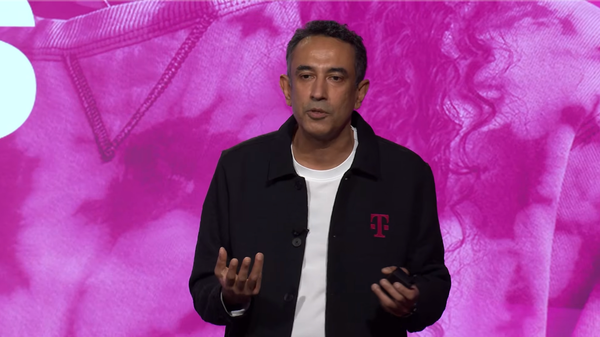

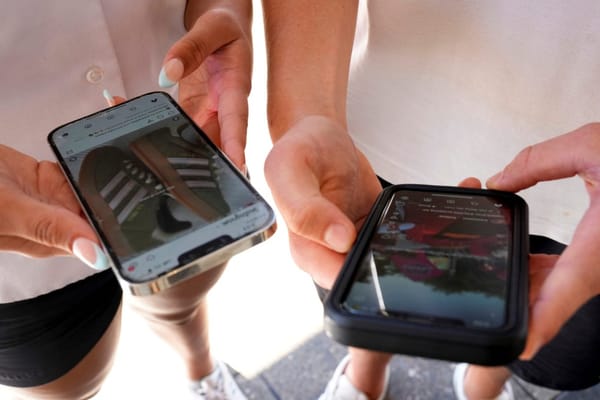
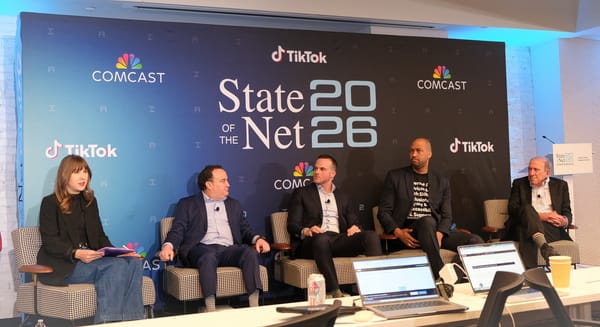


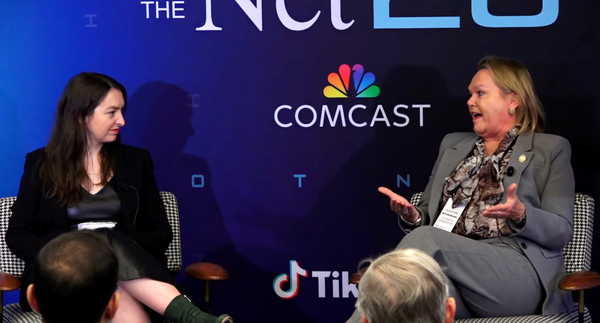

Member discussion